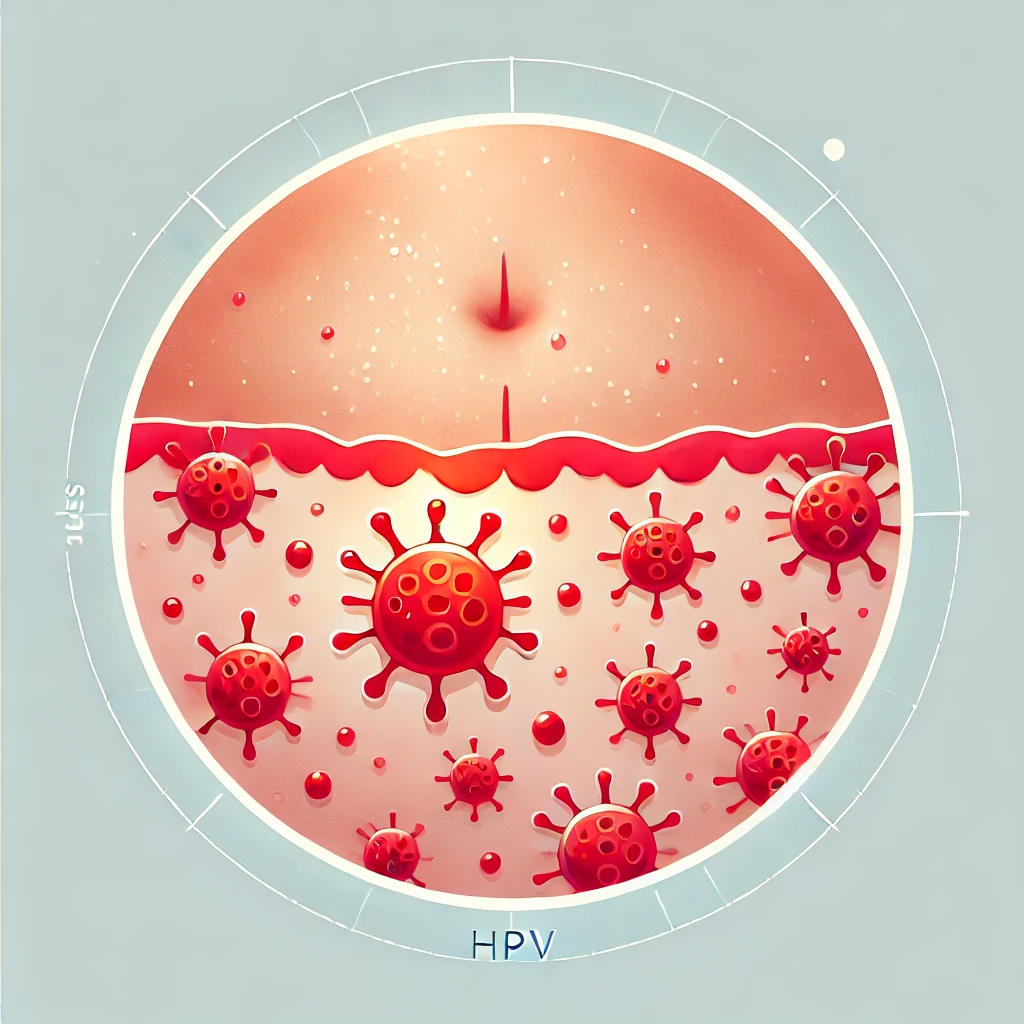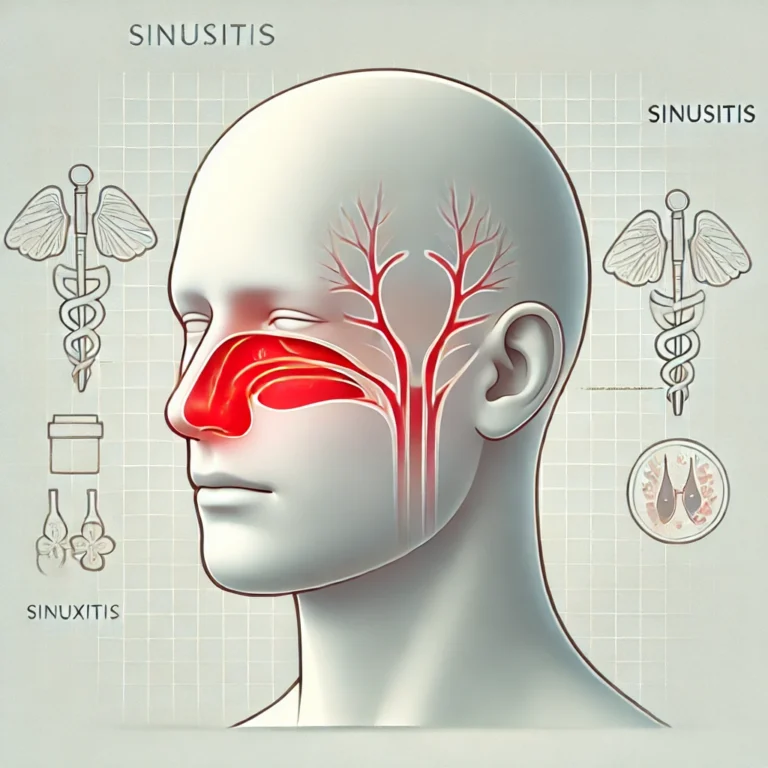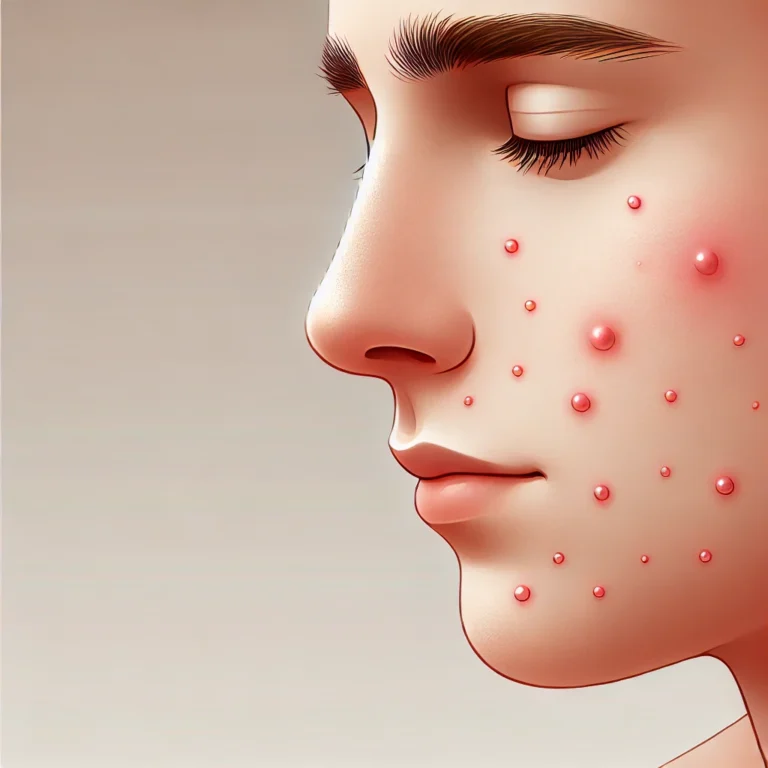Human Papillomavirus (HPV) is one of the most common sexually transmitted infections globally, with over 200 identified strains. While many HPV infections are harmless and resolve on their own, certain high-risk types can lead to various cancers, including cervical, anal, and oropharyngeal cancers. Understanding the available treatments and natural remedies is crucial for effective management and prevention. –Wikipedia

Conventional Treatments for HPV
Currently, there is no specific antiviral treatment to eradicate HPV itself. However, medical interventions focus on managing the manifestations of the virus:
- Vaccination: Prophylactic vaccines, such as Gardasil and Cervarix, are highly effective in preventing infections from high-risk HPV types. These vaccines are most effective when administered before individuals become sexually active, typically recommended for preteens aged 11 to 12, but can be given as early as age 9. Catch-up vaccinations are also advised for males and females up to age 26 who were not vaccinated earlier.
- Treatment of Warts: For visible genital warts caused by low-risk HPV types, treatments include topical agents (like imiquimod or podofilox), cryotherapy (freezing off warts), surgical removal, or laser therapy. These methods aim to remove warts but do not eliminate the underlying HPV infection.
- Management of Precancerous Lesions: Regular screening, such as Pap smears and HPV testing, is vital for early detection of precancerous changes in cervical cells. If abnormalities are found, procedures like colposcopy, cryotherapy, or loop electrosurgical excision procedure (LEEP) may be employed to remove or destroy the affected tissue.
Natural Approaches to Supporting HPV Management
While medical treatments address the symptoms and complications of HPV, certain natural approaches may support the body’s immune system in managing the infection:
- Diet and Nutrition: Consuming a balanced diet rich in fruits, vegetables, whole grains, and lean proteins can bolster immune function. Antioxidant-rich foods, such as berries, nuts, and leafy greens, help combat oxidative stress, potentially aiding in viral clearance.
- Supplements: Some studies suggest that specific supplements may enhance immune response:
- AHCC (Active Hexose Correlated Compound): Derived from shiitake mushrooms, AHCC has been studied for its potential to support immune function. Some research indicates that AHCC supplementation may help in clearing HPV infections, though more extensive clinical trials are needed to confirm its efficacy.
- Medicinal Mushrooms: Mushrooms like Reishi (Ganoderma lucidum) have immunomodulatory properties. Incorporating these into one’s diet or as supplements may provide additional immune support.
- Lifestyle Modifications: Engaging in regular physical activity, ensuring adequate sleep, and practicing stress-reduction techniques like meditation or yoga can strengthen the immune system.
- Herbal Remedies: Some herbs are traditionally believed to support immune health:
- Echinacea: Known for its immune-boosting properties, Echinacea may help the body fight off infections more effectively.
- Green Tea Extract: Rich in polyphenols, green tea has antiviral and antioxidant properties. Topical applications of green tea extract have been approved for treating genital warts.
Precautions and Considerations
While natural remedies can support overall health, they should not replace conventional medical treatments, especially for high-risk HPV infections associated with cancer. It’s essential to consult with healthcare professionals before starting any supplement or alternative therapy. Additionally, relying solely on natural remedies without proper medical guidance may lead to the progression of undiagnosed precancerous conditions.
HPV is a prevalent virus with potential health implications ranging from benign warts to malignancies. Conventional medical treatments focus on preventing infection through vaccination and managing symptoms or complications as they arise. Natural approaches, primarily aimed at strengthening the immune system, can complement medical treatments but should be pursued with caution and professional guidance. Regular screenings and open communication with healthcare providers remain the cornerstone of effective HPV management and prevention.


